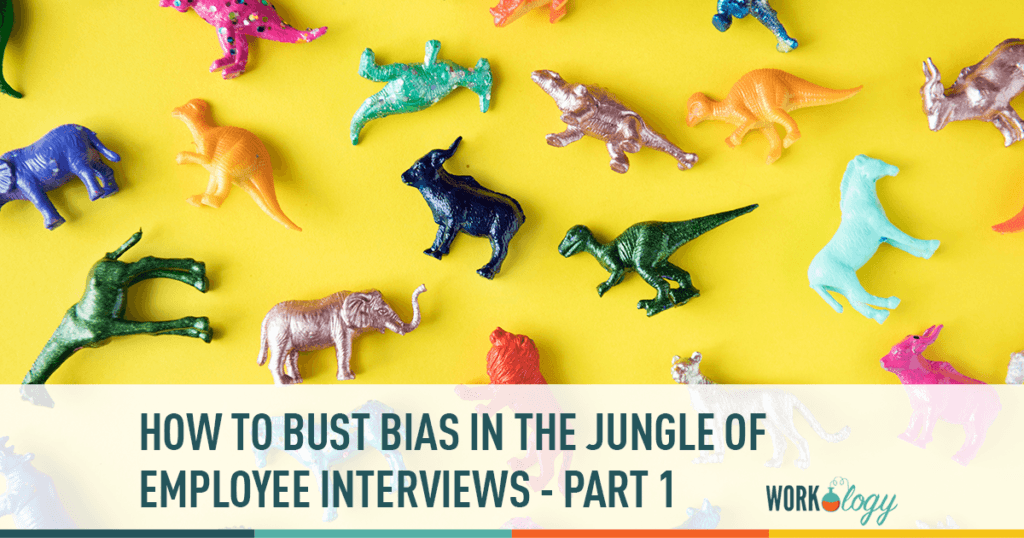Interviewing appears simple: manage a conversation about the experience, credentials, aspirations of your candidates and align your findings to your opportunity. However, significant problems arise. For example, diversity is literally front and center on the ERE Recruiting blog and it’s covered in many other publications as well. Yet, progress toward more diversity in corporate leadership and technical teams remains slow.
In this three-part series, I’ll discuss some of the reasons bias has such an impact on interviews, and what we can do about it. I am also looking forward to interacting with fellow recruiters personally during the ERE Recruiting Conference in Orlando on October 15-17 where I will lead a round table on interviewing.
Why Are We Crawling, Not Sprinting, Toward Diversity?
One reason is the way our brains are wired. A meta-analysis of bias in employment decision making published in the Journal of Applied Psychology shows interviewers (both male and female) chose men over women for male-dominated jobs. Bias was high when interview feedback evaluated applicant competence as average. Bias was also high when interview results were ambiguous with mixed feedback on applicant competence.
The Evolutionary Basis for Cognitive Bias
Brain researchers and social scientists have identified well over one hundred and fifty types of cognitive biases. Our brains need shortcuts to process information. Biases are shortcuts rooted in survival and efficiency. Our brains use cognitive shortcuts to parse information, remember certain bits, bring meaning to info, and sort out these inputs so quickly that we don’t even perceive what’s happening. Back in the hunter-gatherer days this helped ensure that we could dedicate our attention and effort to a task while still being able to respond to environmental cues that indicated a threat… like a lurking tiger. These brain processes function similarly in the modern world: many biases work together in an interdependent and automatic way so that we can work efficiently while keeping ourselves safe from harm.
Reduce Bias by Reducing Ambiguity
In the study referenced above, it appears that one common cogInterviewing appears simple: manage a conversation about the experience, credentials, aspirations of your candidates and align your findings to your opportunity.nitive bias affected the ability to build diverse teams: The ambiguity effect. When there are unknowns and ambiguity, we tend to use a rule of thumb to help us decide on a candidate rather than seek clarity or more information. This has to do with what economist Daniel Kahneman calls cognitive ease. The basic premise of this concept is that, when possible, our brains our wired to use shortcuts to arrive at answers quickly rather than expending effort to think hard about them.
When an interviewer leaves an interview with incomplete or ambiguous comments, stereotypes and bias frequently fill the hole. Our inherent propensity to cognitive comfort leads us to hiring decisions that are influenced by stereotypes. The good news is that, as a strategic recruiting professional, you can help your hiring teams in developing an interview process that is rigorous enough to avoid biased judgements while remaining nimble and responsive enough for real-world situations.
In the next part of this article, we’ll cover specific strategies you can use to combat bias by reducing interview ambiguity.








One Comment
Great article! It is so easy to just say your not bias within the recruitment process but actually we need to delve deeper into what is making us bias.
Comments are closed.